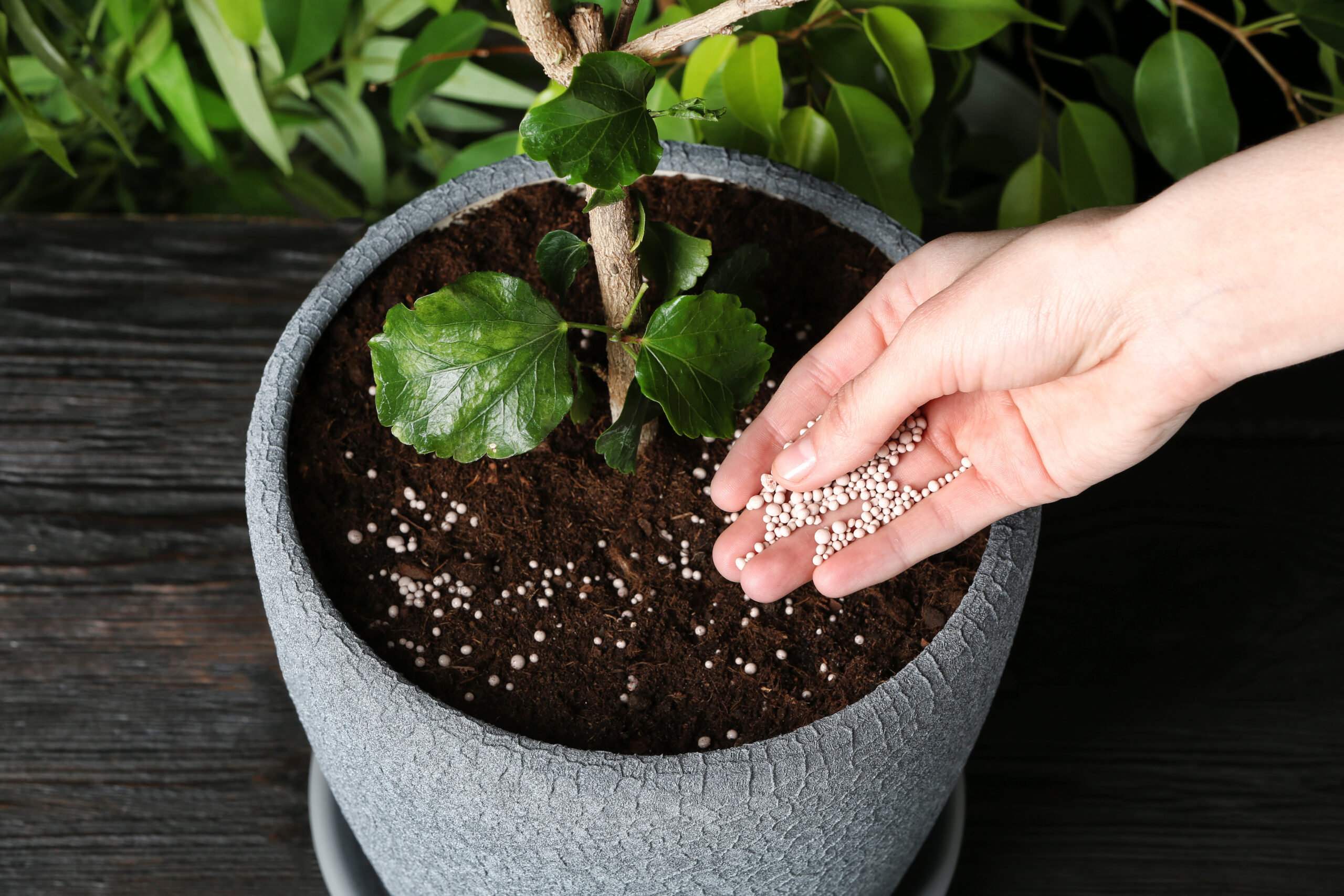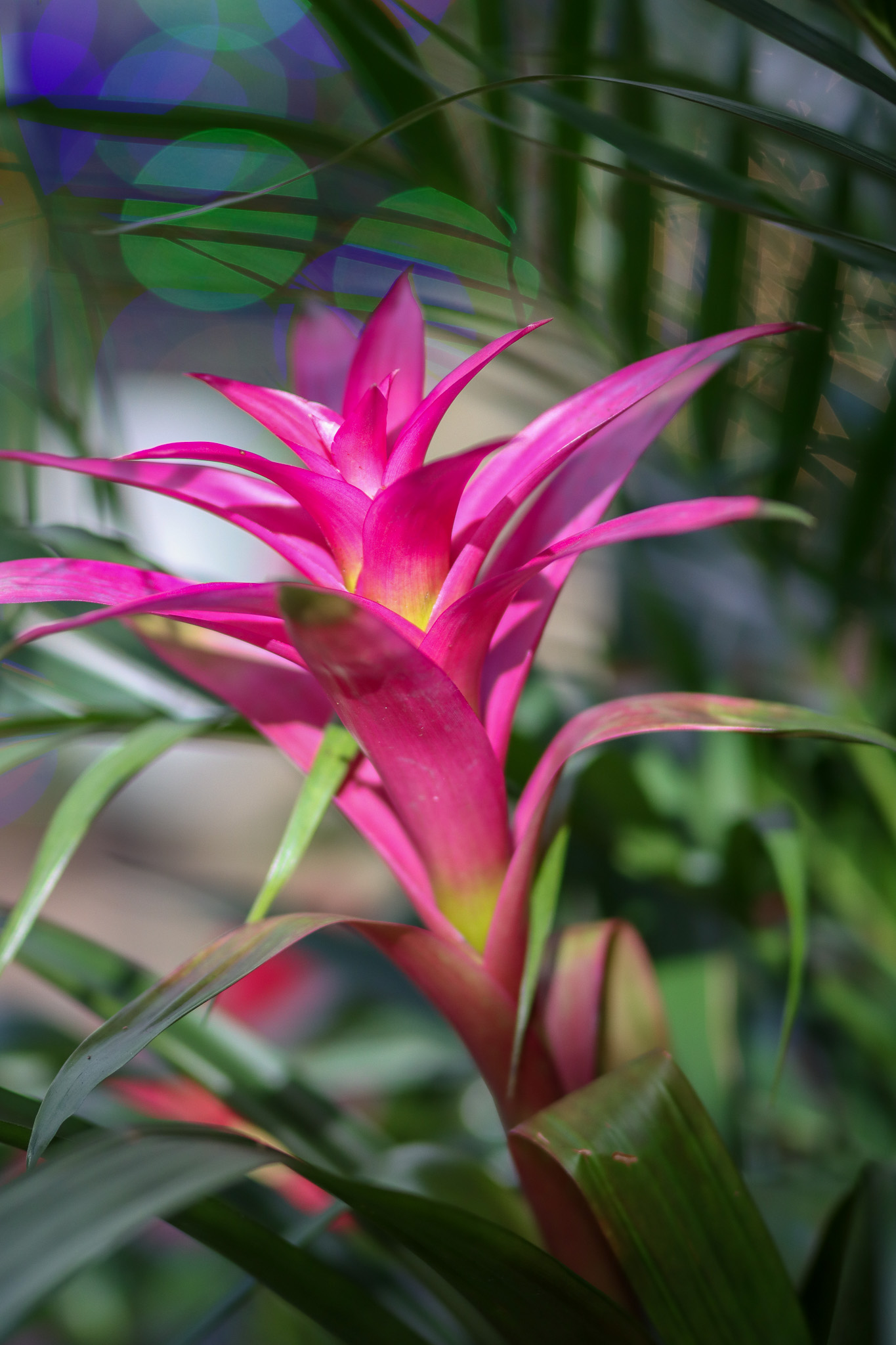Fall Veggie Gardening – Best Practices to be Successful in Containers
Even though the seasons are turning, it doesn’t mean that your gardening routine has to come to a stop. But what if you are lacking the space for rows or even raised beds and you still want to try veggie gardening this fall? This is where containers can really come in handy.
Intro to Fall Veggies
In the cooler seasons, your vegetable garden will be very cole crop-based. Cole crops are veggie varieties that have evolved from types of wild cabbage. Some of these kinds of veggies you are very familiar with in your everyday life, like kale, lettuce, broccoli, and brussel sprouts.
There are also decorative veggies like ornamental kale and ornamental peppers that are not meant for eating, but are perfect to pair up with your fall veggies in containers for added flare.
Planting in Containers
Growing vegetables in containers is not too different from growing in the ground. Container gardening just provides gardeners a more controlled space, as well as options to create a functional as well as decorative miniature garden.The first part to planting in containers is to make sure you have the best mix. Our McDonald Garden Center Organic Potting Mix is perfect for the job. If you aren’t in the Hampton Roads area, an organic potting mix of your choosing would work great. Just make sure your potting mix does not have added synthetic fertilizers that can affect whether or not you will be able to eat your fall veggie harvest. “Organic” labels usually mean that the soil or plant food in question is made with organic materials like compost or worm castings. But, always ask the experts at your local garden center what soil would work best for your project.
Next is adding plant food. Since your soil shouldn’t have any plant food already pre-mixed, you may want to add it in to give your plants a boost after planting. Espoma’s Biotone Starter Plus is a great organic product that we love to use in veggie gardens to add in beneficial nutrients and mycorrhizae to help the veggies grow bigger and stronger.
Now it’s time to plan your containers. Deciding on your favorite veggies to plant is probably the hardest part! If you are having trouble deciding, please ask our Green Team members for their opinion on what will fit best. Generally, all fall veggies need direct sunlight and a consistent watering routine to grow. Harvest dates depend on the plants you choose. Pair up your edible veggies with other accents like crotons, ornamental grasses, or mums to make a really fabulous showpiece that duals as a veggie garden!
Further Care
Take your veggie gardening to the next level by adding a 2-3 inch layer of mulch after planting. This will help suppress weeds, as well as keep your garden warm in those cooler nights of the season. Also make sure to keep pruning and pay attention to any potential pests throughout the growing season. The earlier you see the problem, the faster we can help you solve it!
For more information about veggie gardening, check out the Garden Guru and his webinars with new plants, products, and expert planting advice. To keep inspired and grow with us, follow us on Facebook, Instagram, Pinterest and TikTok to dig into the joys of gardening!








